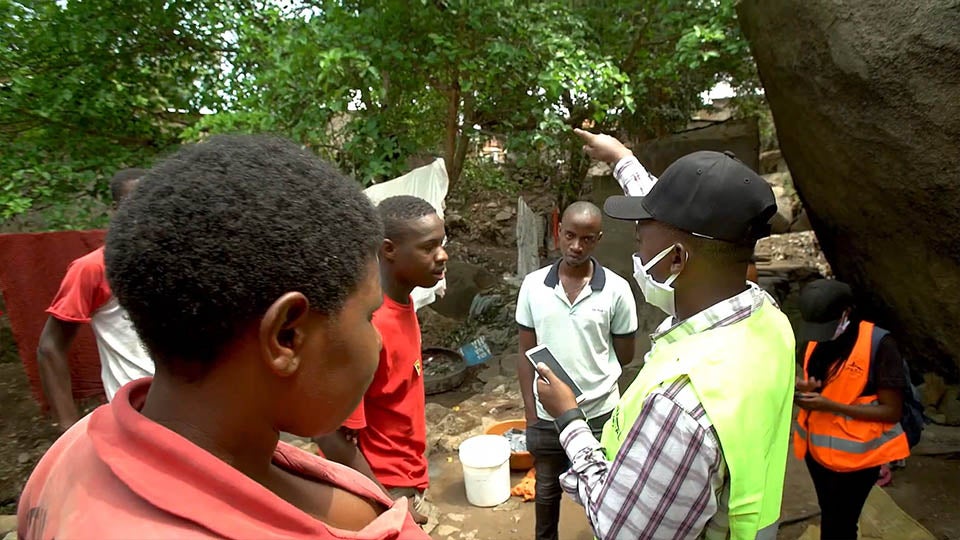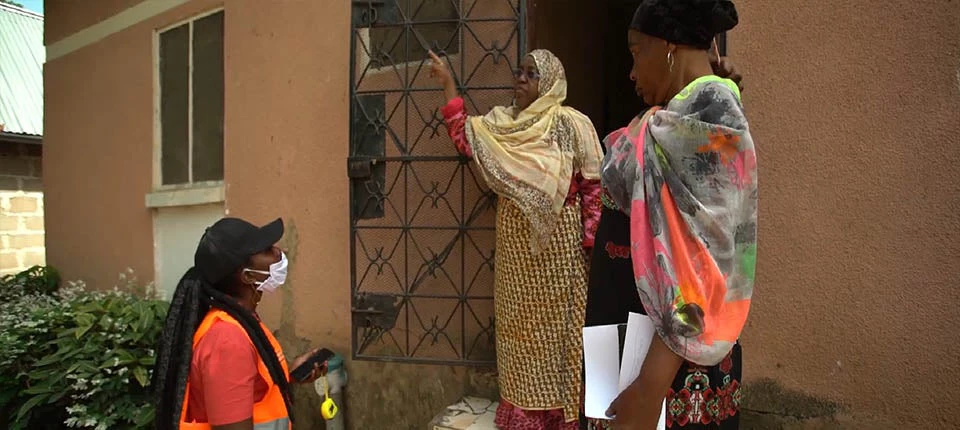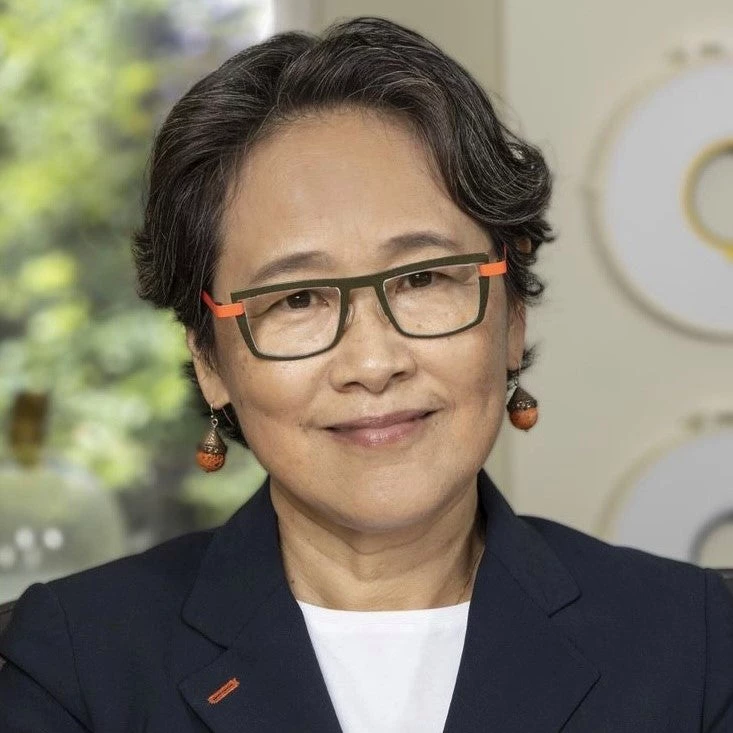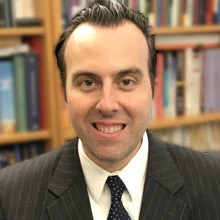
The World Bank was an early champion of open data and open access among multilateral organizations. Since 2010, the Bank—led by its Development Data Group and guided by its Access to Information Policy—has been making high-quality, timely, and reliable statistical data openly available, accessible, and reusable.
Open data and open access are two important pillars of Open Science that promote making the entire scientific process more accessible and participatory by sharing research and data, and actively engaging with people outside the scientific community. The World Bank's commitment to utilizing the full potential of data propels us to adopt Open Science and expand the Bank’s Open Data Initiative. As insights from the recent Bank-supported Resilience Academy project in Tanzania suggest, one way to push the frontiers of open data even further is by incorporating the principle of citizen science into development projects and operations.
Why citizen science?
Citizen science, a critical pillar of Open Science, advocates for greater citizen involvement in knowledge generation, research goals, and outcomes. By engaging citizens directly in data collection, drone imaging, and crowdsourcing into project design, we provide policymakers and citizens with valuable data and information they need to make informed and effective decisions.
Furthermore, abiding by the principles of citizen science, we can help communities establish a new social contract around data stewardship, grounded in the principles of value, trust, and equity, as proposed by the World Development Report 2021: Data for Better Lives. The report puts forward a vision of data governance that is multistakeholder and collaborative. It explicitly builds data production, protection, exchange, and use into planning and decision-making, and integrates participants from civil society, private sectors, and importantly, the public into the data life cycle and into the governance structures of the system.
As the experience of the Resilience Academy shows, increasing our commitment to citizen science by inviting public engagement before, during, and after development projects can help engage a wider swath of the public with the Bank’s Open Data Initiative.
The Tanzania-based project empowers students to adapt low-cost, low-complexity tools and open methods to collect and manage data from their changing environments. Resilience Academy students also participate in solving real-world challenges in their community, such as mapping flood- and rockfall-prone zones, surveying tourism and infrastructure needs, and other areas currently lacking critical data.
This “learning by doing” approach equips young people with the long-term tools, knowledge, and skills they need to address the world’s most pressing urban challenges and ensure resilient urban development. This project is demonstrating the many co-benefits that come from hands-on learning, job creation, and data management-related skills.

Lessons learned from the Resilience Academy for the World Bank and others:
-
Shift from an expert-centric approach and importing unaffordable tools, towards training everyday citizens to use tools they already have and can easily access. The potential of using cell phones and free online resources, coupled with the explosion of new and innovative technology is largely untapped in World Bank projects and portfolios. One example of this is the use of low-cost drones by community members to map and photograph Fragile, Conflict and Violent (FCV) countries.
-
Increase the scale and commitment to skill-building ambitions: instead of focusing capacity development efforts on a small number of technocrats and experts, the capacity of members of the public, including thousands of students (through, for example, funding for mass internships), needs to be developed and increased to build an ecosystem. Furthermore, training students or other community members is a long-term investment, unlikely to yield results in the traditional (3-4-year-long) project period.
-
Stop compartmentalizing capacity-building and service delivery programs: citizens should be empowered to co-create and deliver real-world solutions as well as iterate on those. For example, the Freetown the Treetown project in Sierra Leone aims to support the reforestation of one million trees around the city and mitigate landslide risks. By leveraging local youth and technology groups, large numbers of people can be exposed and skilled in digital tools to geotag, monitor, and model the urban tree canopy and its importance to the local environment. The benefits of learning-by-doing within the project lead to greater acceptance and sustainability of services. As such, building local skills from projects can also be incentivized if tracked as explicit performance indicators. It is also important to have a willingness to work across sectors both inside and outside the Bank.
-
Be comfortable to take risks: the success of the Resilience Academy has rested on its ability to cede back what does not work and experiment with those shortcomings. There needs to be room—and time—for failure in projects so they can succeed in the long run.
-
Support and encourage funding for technology infrastructure and encourage funding for open data in client countries to facilitate open data collection, hosting, and management. These efforts can be supported through technology platforms, existing data collection processes, or capacity building.
As these insights demonstrate, citizen science can help unlock the full value of data for development through increased citizen engagement in open development data, as well as knowledge, experience, and innovation exchange with the very citizens whose lives we aim to improve.
RELATED
In Tanzania, Citizen Scientists Help Reduce Flood Risk with Soil Sampling
Tanzania Urban Resilience Program: Digital Microtasking to Reduce Climate Risk in Zanzibar




Join the Conversation